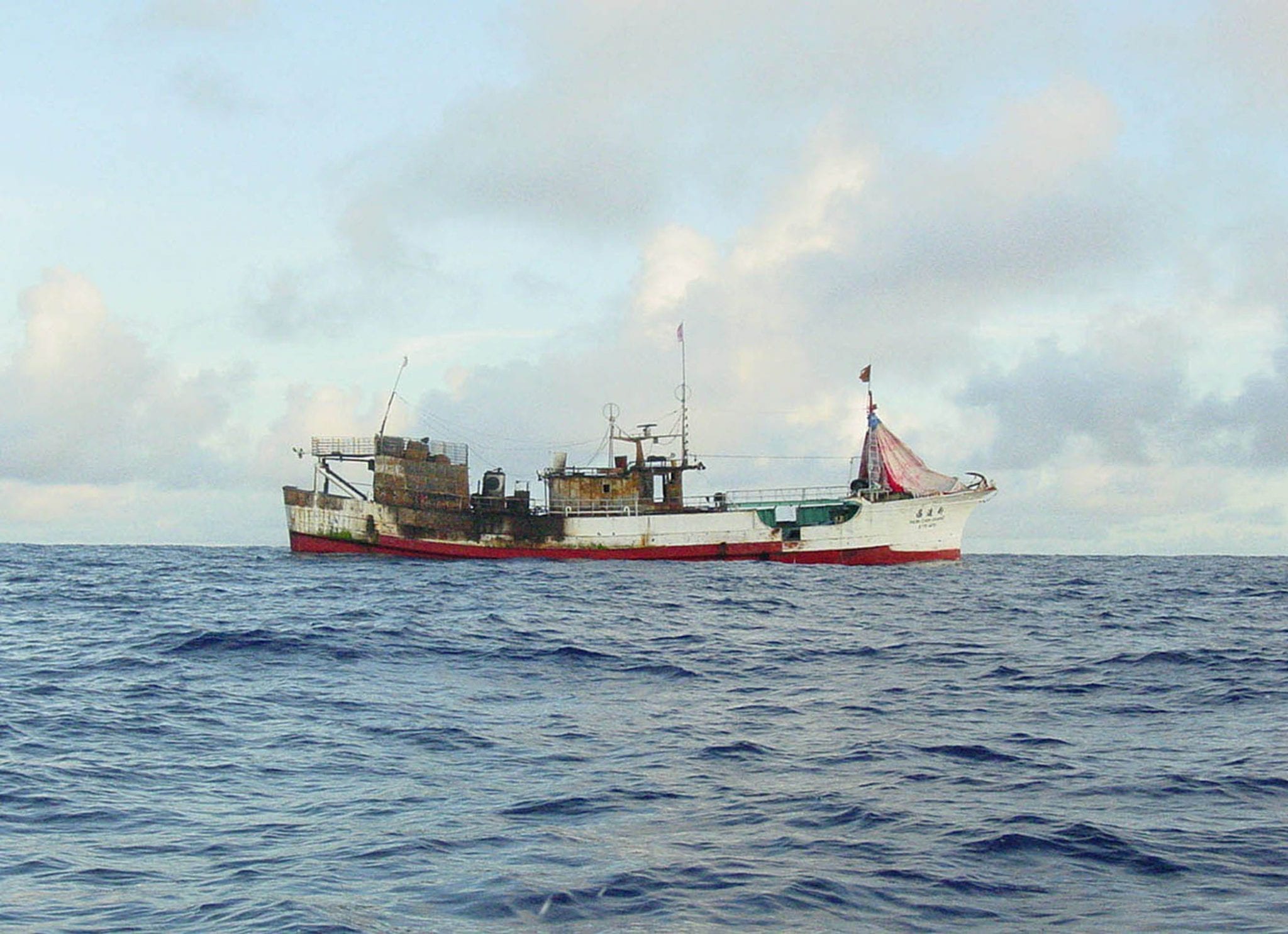
Greenpeace Briefing on Taiwan for the US Department of Labor 2020 List of Goods Produced by Child Labor or Forced Labor
Last December, Greenpeace and 23 additional NGOs, trade unions, and businesses sent a letter to the US Department of Labor, Bureau of International Labor Affairs (ILAB) Office of Child Labor, Forced Labor, and Human Trafficking calling on it to change its practice of excluding distant water fishing (DWF) nations that use forced labor to catch seafood on the high seas from its biennial List of Goods Produced by Child Labor or Forced Labor (TVPRA List), declare an official policy of attributing high seas catch to the flag State, and remove all seafood exemptions in its upcoming 2020 report.
This briefing supplements that letter by providing more information on forced labor in Taiwan’s distant water fishing industry and demonstrating each of the criteria for listing Taiwan-caught tuna in the 2020 TVPRA List are fulfilled. The abuses on Taiwanese vessels will not stop until the US, as one of the largest markets in the world for imported seafood, uses the full range of tools at its disposal, including the TVPRA List, to push the Taiwanese government to make changes to its laws, policies, and practices. To this end, Greenpeace calls on ILAB to adopt a more flexible approach in its assessment of the prevalence of forced labor in DWF entities such as Taiwan. ILAB has confirmed it maintains a lower threshold for listing when considering countries such as North Korea and China where information on the prevalence of forced labor is difficult to obtain due to government restrictions on data collection or suppression of information dissemination. Labor conditions on Taiwanese DWF vessels are similarly difficult to ascertain due to the government’s decision to effectively limit dissemination of information on forced labor by not conducting port State labor inspections, allowing its vessels to operate at sea for an unlimited period of time without returning to shore, and restricting migrant fishers’ ability to enter Taiwan and thus denying them access to support services. As such, a lower threshold for listing should also apply to DWF entities such as Taiwan that restrict the dissemination of information on forced labor through a combination of laws, policies, and practices designed to obscure the true extent of forced labor in its DWF industry.
Read the full briefing here.
